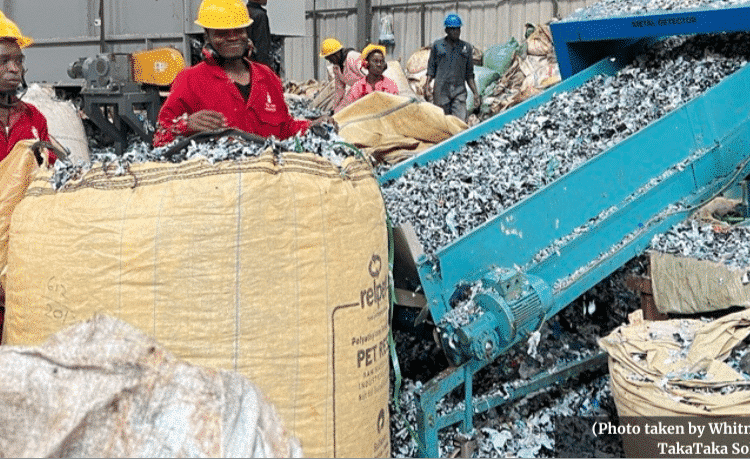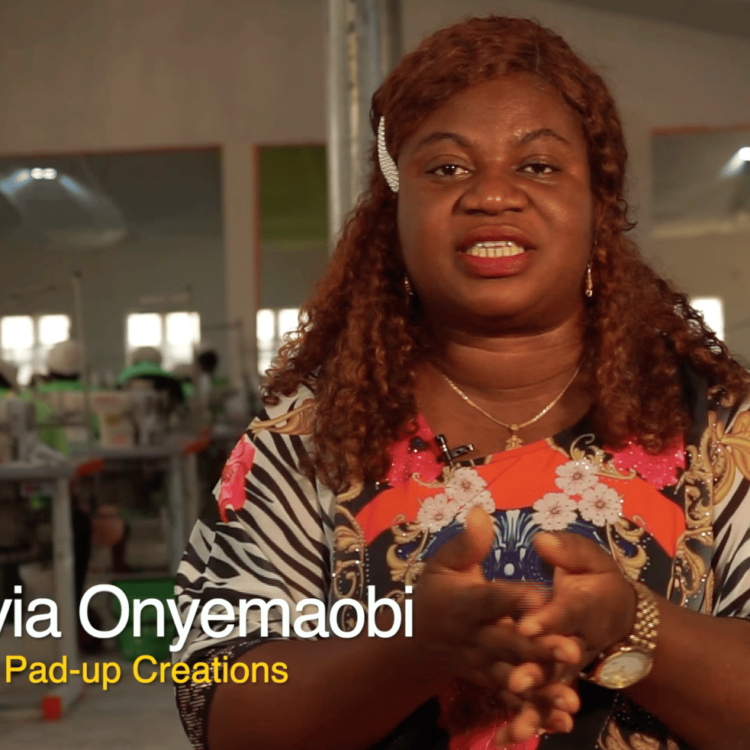
The African Policy Dialogues on wage employment in Nigeria in collaboration with the media has written a newspaper feature on women decent employment. The feature shows the wage disparity between women and men who do the same job. Whereas women who work in a rice processing mill are paid in broken rice, men are paid in cash. This results from discrimination of women based on gender bias due to cultural stereotypes in the area. In addition, the feature shows that women’s contribution in Nigeria is inadequately recognized and under-valued. For example, although women contribute 70 percent of the labour force in food production, food processing and marketing, women have difficulties in accessing land, finance, farm inputs, and extension services.
To address this, this African Policy Dialogue held discussions with policy makers and encouraged them to act at the Federal Government, state and local government levels in ensuring decent wage employment for women in Nigeria.
Read the entire news feature via the following link: Nigeria women and decent wage employment.




